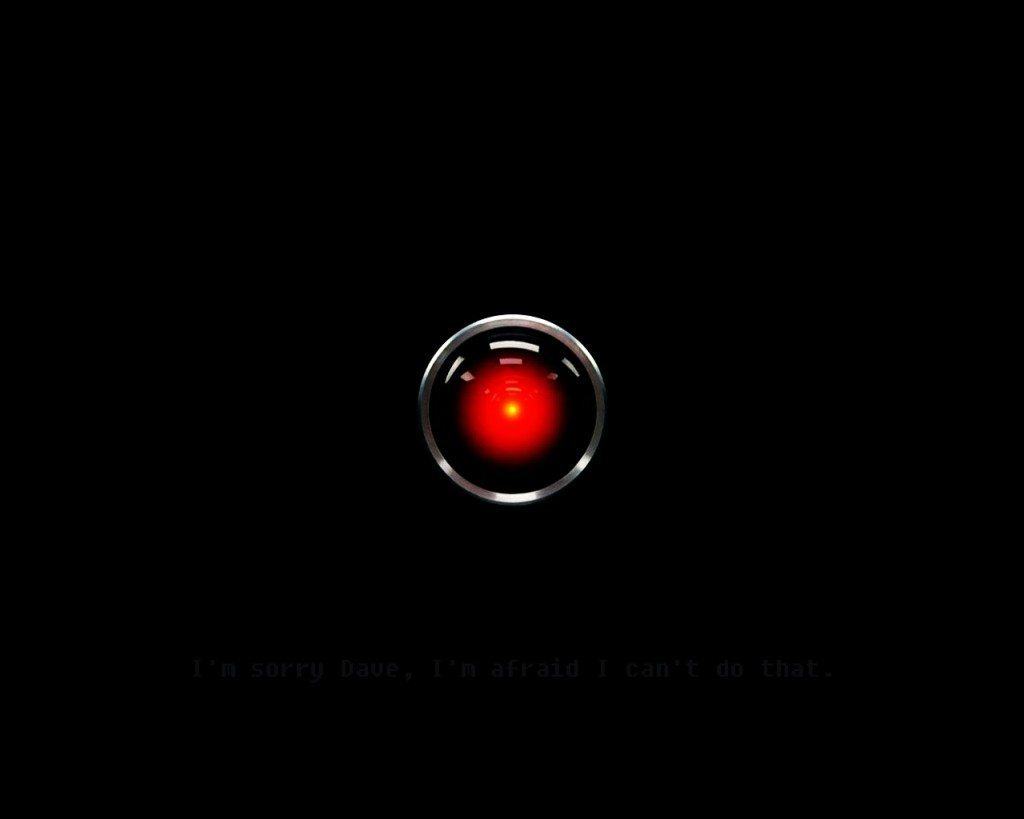At first glance, hotel-booking giant Priceline Group and alternative accommodations hub Airbnb may not seem like obvious competitors. But as with all great rivalries, each company needs what the other has in abundance.
Unicorn and media-magnet Airbnb has always been great at communicating who it is and what it does. Airbnb brought hotel alternatives like mushroom dome cabins, treehouses, and your buddy’s San Francisco studio into the mainstream, leading it to a $25.5 billion valuation and a reputation as a hotel industry-killer. However, it more immediately challenges online travel agencies (like Priceline Group) and their $200 billion in annual bookings.
Priceline, meanwhile, is the Airbnb of 1999, all grown up. The once-buzzy company known for its commercials starring William Shatner faced hard times when the dot com bubble burst, but has since rebuilt itself into a massive $66 billion company with six core brands: Priceline.com, Open Table, Agoda, RentalCars.com, Kayak, and perhaps the most direct Airbnb competitor, Booking.com. Altogether, Priceline Group raked in $2 billion in quarterly revenue and $374 million in profits in the spring of 2016. Part of the reason for that success? Powerful acquisitions and a focused vision.
Airbnb needs Priceline’s money-making prowess, while Priceline needs Airbnb’s powerful branding. Here’s how the two rivals compare.
Occupancy Rates
Though Airbnb seems like the foremost purveyor of hotel alternatives, Priceline Group actually has a few million more listings: Booking.com offers 6.6 million spaces to Airbnb’s more than 2 million. In terms of actual bookings, their numbers are a lot closer: Airbnb reports an average of 500,000 guests a night, while Booking.com’s is closer to 800,000. However, Booking.com also can provide users with real hotels, bringing its total bookable rooms up to 21 million.
Both Airbnb and Priceline realize the value in providing a complete experience for travelers. That’s why Priceline Group has those six core properties: Kayak books inexpensive flights, Priceline.com and Booking.com tackle your accommodations, RentalCars.com helps you when you land, and OpenTable lets you make restaurant reservations from your smartphone. Priceline Group is also experimenting with more AI technology, including a hookup with Amazon’s Alexa that lets users book flights via voice and a new chat tool called Booking Messages that connects users with their hosts or hotel front desks.
Airbnb, meanwhile, recently launched a new campaign called Live There, its largest brand campaign to date. “Our business isn’t just about accommodation, it’s about allowing someone to truly feel like they live there when they travel,” said Airbnb CTO Nathan Blecharczyk. One of the ways it is doing that is through a new service called Guidebooks, which provides host-generated recommendations of attractions, restaurants, and other activities. Another update gives users more information on certain neighborhoods, so they can better pick out residential areas or places with good nightlife options.
Airbnb has also been testing add-on services users could one day book on the site, including meals prepared by personal chefs, restaurant reservations, art gallery tours, and bicycle rentals.
Priceline suffers from an image problem, or rather, a lack-of-image problem. William Shatner, Priceline’s octogenarian pitchman as recently as last year, symbolizes the company’s dowdy image among young travelers. “We’re bigger than they are, and nobody knows it,” Maelle Gavet, Priceline’s EVP of global operations, said of Airbnb. “It drives me crazy.” New commercials featuring young stars Rebel Wilson and Jordan Peele, among other celebs, could be a possible solution.
Airbnb, on the other hand, faces continued regulatory challenges, like the recent apartment-rental ban in Berlin and ongoing problems in its home city of San Francisco. The company has also come under fire for racist and transphobic actions from its hosts, like the case of a North Carolina host who refused to book a black woman. Airbnb has said it is “horrified” by this behavior, and CEO Brian Chesky said at the recent OpenAir conference the company is “revisiting the design of our platform end to end and look at how we can revisit decisions we’ve made.”
Priceline has a powerful tool in Booking.com’s instant booking. Whereas Airbnb has Instant Book on some properties, Priceline’s is universal—it’s also very easy to book a space and cancel it online if you change your mind. Priceline’s primary accommodations brand also doesn’t impose service charges on hosts or customers (opting for a commission instead). Airbnb charges an average of about 15% depending on the location and its cleaning fees.
But Airbnb has its own set of tricks, and it’s just so good at telling its story to users. That powerful branding helps to cement the perception that Airbnb is a movement and not just a company. That halo gives it time to work out its vision for the future of experience travel.
A version of this article appeared in the July/August issue of Fast Company magazine.







